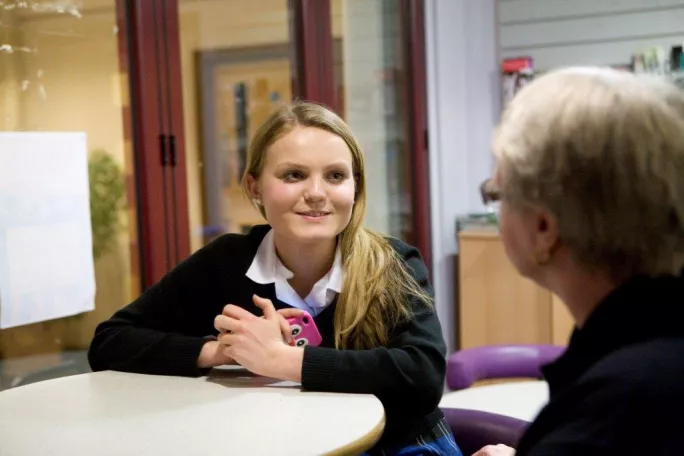How teachers can help young carers
Friday 13 June is the first National Young Carers Awareness Day, held as part of Carers Week. Here, Daniel Phelps, a former primary teacher who now works as a development manager for the Carers Trust, explains how teachers can bring these often vulnerable young people in from the margins.
I have worked with young carers for more than 12 years and I believe schools and colleges are key places where they can be identified early and supported.
Some schools tell me they don’t have any young carers, but it’s more likely that they’re simply unaware of who those pupils are. Many carers and their families will be uneasy about identifying themselves, for all sorts of reasons. It’s so important that schools and colleges understand where these students are coming from and that carers and families feel able to confide in staff rather than struggling along unnoticed. To help make this happen, we have uploaded a range of resources to our TES Connect profile page.
There was once a carer in my class, but I didn’t know. It was a small primary school so you’d have thought I would. I found out too late, a couple of years later, when I managed a local young carers’ service.
When I learned about her family situation, I suddenly understood why she was often late and seldom did her homework. She had been helping to care for both her mother, who had a mental health condition, and her father, and on top of that was helping a young sibling get to school. I was amazed at just how well she had done, but I was frustrated that we hadn’t known.
Pupils must feel that it’s safe to let the school know they are a carer. They could be given opportunities at the admissions stage. Having a school lead for carers is also useful - someone to co-ordinate support and be a point of contact.
We might have been able to direct the young carer in my class into further support, which could have made all the difference. Some schools now have very good relationships with a range of services, including a local young carers’ service.
I now know schools who have set up dedicated carers’ groups and befriending and mentoring services for pupils with caring responsibilities. Others have covered carers’ issues in class discussion and staff development.
Small steps can make all the difference, such as allowing pupils to contact home at lunchtime and being flexible with homework. Young carers often tell me how just one understanding teacher made all the difference.
It may be too late to turn the clock back for the carer in my class, but there are thousands of others, many still hidden, for whom improved awareness and support would make a huge difference.
Keep reading for just £1 per month
You've reached your limit of free articles this month. Subscribe for £1 per month for three months and get:
- Unlimited access to all Tes magazine content
- Exclusive subscriber-only stories
- Award-winning email newsletters




